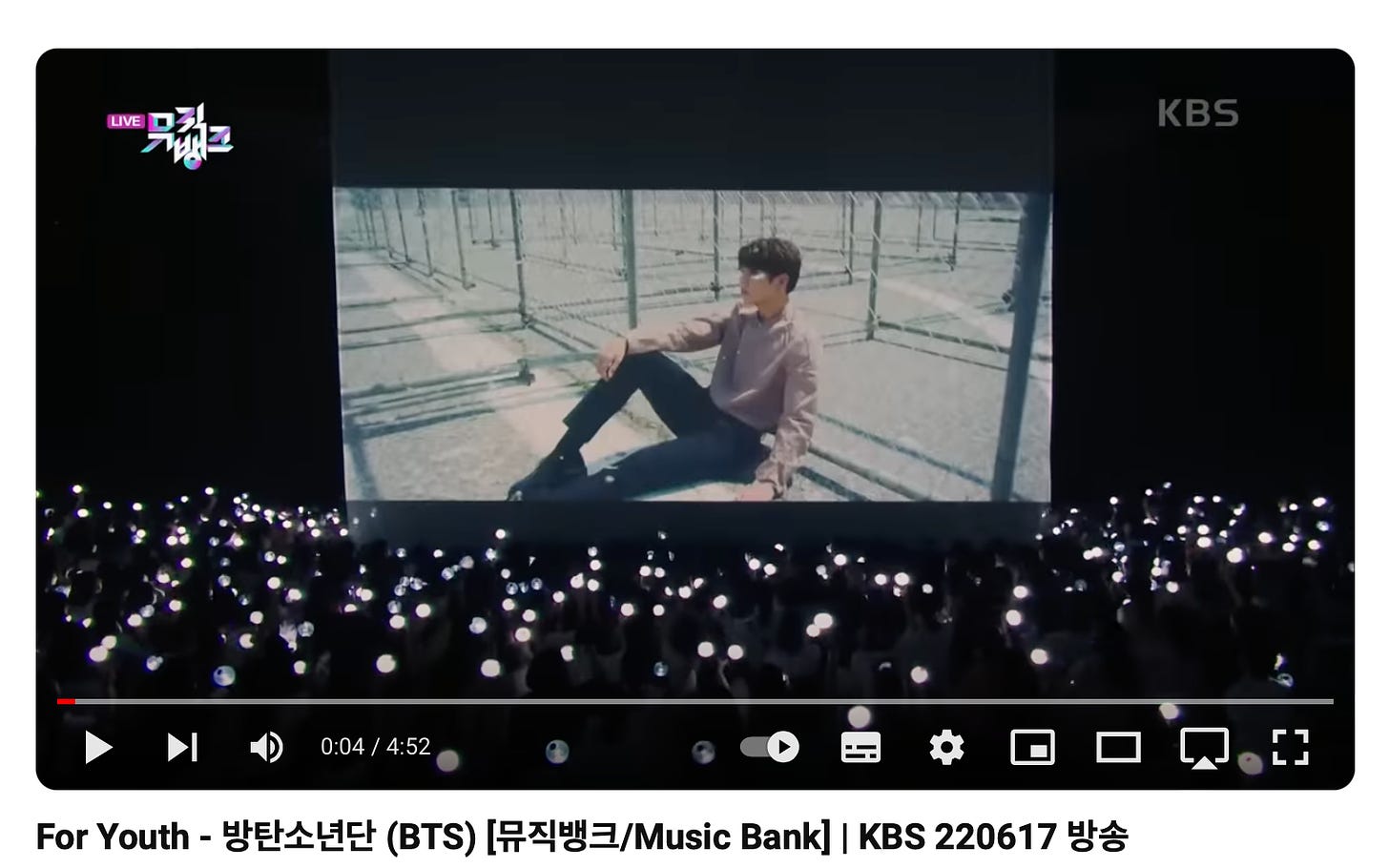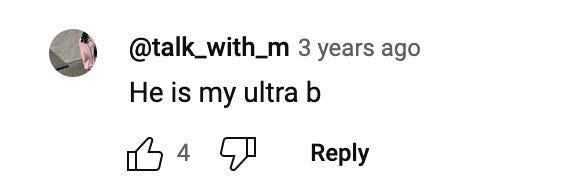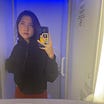Ivan and Edwina went to the Seoul Book Fair this year. Ivan is our founding director. Edwina de Charnacé is our newest literary agent. Edwina is half-Korean and taking on a large number of Korean authors. Read her reflections after attending this book fair below:
The YouTube comments section of a BTS performance is an unlikely starting place for reflection on something as grandiose, as sophisticated, as unequivocally highbrow, as a book fair.
How did I find myself watching a BTS performance to begin with, you ask? I was led there (and what an education it’s been) by my team of trusted translators who I met and karaoked with a few nights before the beginning of this year’s Seoul Book Fair. I brought my question to the jury the following day,
“Why are all these comments professing devotion to their bias?”
My schooling was succinct and effective:
Bias /ˈbʌɪəs/ (noun)
1. K-Pop fandom vernacular for favourite, or most prized.
My (still limited) understanding of “bias” now tells me one’s bias is not an exclusionary or negatively discriminating ethos but an expression of pure love.
It’s a preference redolent of favourites and other superlatives we freely, and proudly, exclaim in childhood (my best friend, my favourite colour, my favourite toy…)
There’s a touch of innocence, a self-secured earnestness, but also a level of idealisation to these declarations. Which is perhaps why we’re dissuaded from identifying our biases as adults — not at the Seoul Book Fair though, where biases are the order of the day.
How refreshing to have enjoyed conversations with various Korean publishers, authors, translators and subagents indicative of a healthy and positive publishing industry.
The mood was overall celebratory — a joyous coming together for the love of books, stories and imagination. Authors are far less public facing in Korea than in the UK or US, so it was a rare privilege to speak to them directly, together with their publishers and agents. I offered questions and talking points, many of them variants on the power and role of fiction as outlet, vehicle, and metaphor. The simplest answers struck me the most. Authors writing fiction because it’s their playground, the place they prefer, their bias, after all. Korean authors flavour stories like chefs season new dishes – experimenting, sampling for taste, going on inner child instinct and wisdom accrued. Lest you be misled, knowing one’s likes and owning those preferences is not incompatible with reading curiously, audaciously and open-mindedly outside the contours of personal taste. Far from it. In fact, it’s interesting how much more genre-boundaried UK and US readers are, in large part because of how books are published, marketed and sold in those territories. I can’t help but think it’s because Korean readers are so secure in liking what they like (without shame, guilt or fear of the judgment of others) that many demonstrate such an openness to experimental artforms — a receptivity that pays little heed to the tenets of linearity, dogmatic historicity or high/low divisions. How wonderful to happen upon one of my favourite nineteenth century poems, Shelley’s Ozymandias (my bias) in a Korean author’s mecha fantasy novel. Even more delicious was discovering how the author first came across the name of her eponymous hero (Adrian Veidt) in an 80s DC Comic before eventually finding her way to the Romantic poet. A bias need not be singular or fixed. On the contrary, it’s a concept built on growth, change and discovery.
This year’s HOUYHNHNM theme (more on that in Ivan’s piece) which invited fair-goers to question their bias, encapsulates a mood of adventure. At one particular publisher’s stand, the especially adventurous (those who bought seven books or more, i.e. those equipped with deep pockets and tote bags) were rewarded with an energised bell ring that resonated through the exhibition hall. Sound familiar? Maybe you’re thinking of church bells. Or perhaps your mind went to the sales bell from Selling Sunset. To each their own bias – I don’t judge.
Warmly,
Edwina, from Seoul.











